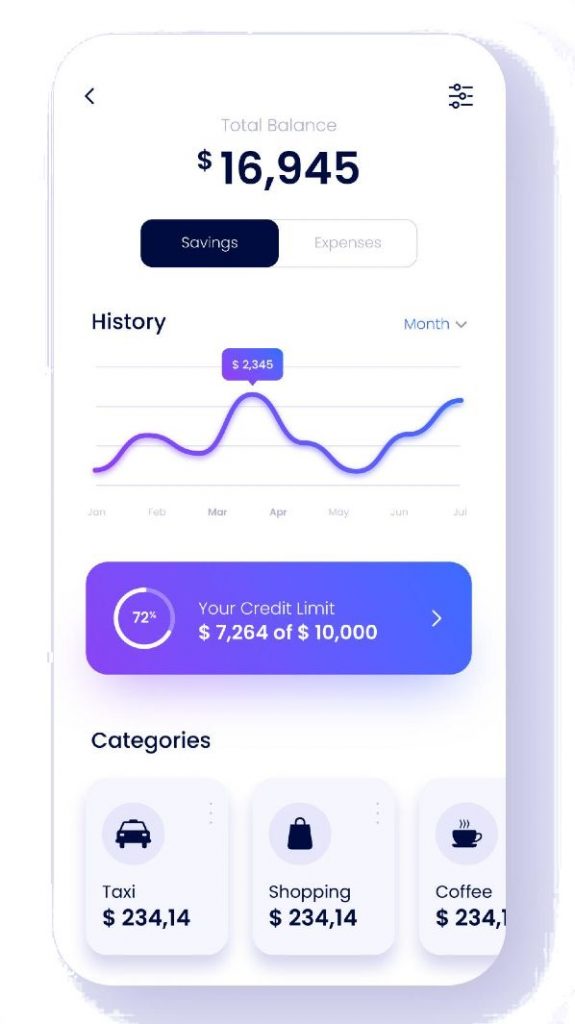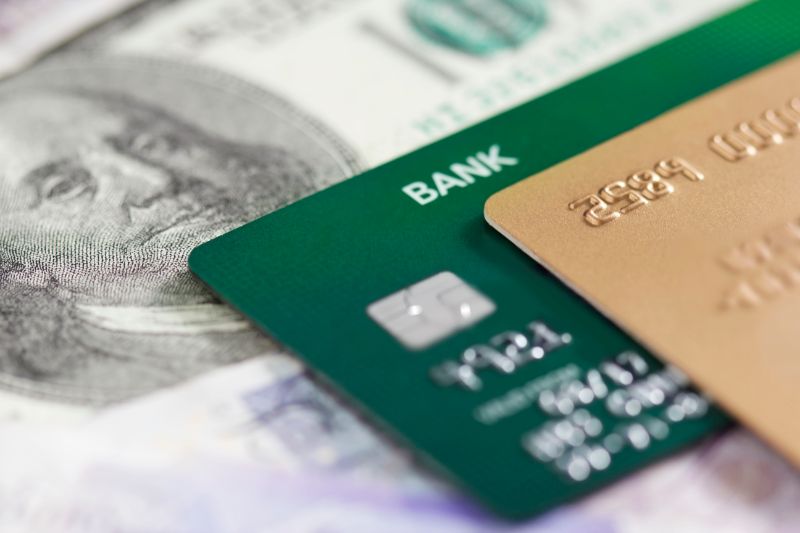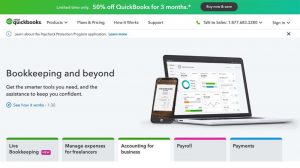When starting a company, one of the first things you need to get done after forming your business and obtaining your EIN is acquiring a small business banking account. The primary reason you need this account is so that you DO NOT commingle your business and personal finances.
In the business world, mixing personal and business finances can lead to catastrophic consequences. Countless people who run businesses – errantly use their personal bank accounts to manage their business finances; here is a list of complications commingling the two can cause:
Don't Create Business Tax Issues

- Devastating Tax Issues (On a Federal, State and Local Level)
- The Impression of Dirty Bookkeeping
- An Inability To Accurately Calculate Bookkeeping
- Your Business Legally Classified as a Hobby
- Personal Assets Seized On Behalf of Your Company
- Your Business Looks Unprofessional
- You Cannot Receive Credit Card Payments On Personal Accounts
As you can see from that list, things can go severely wrong.
Do you want to be accused of cooking the books, or tax fraud?
Equally, as worse, your company gets sued, and a judge declares that you are personally liable for your business’s lawsuits and debts.
This bears repetition, NEVER commingle your business and personal finances. Now that we cleared that issue up, let’s talk about opening a small business banking account. First and foremost, there are different types of business banking accounts as noted here:
- Business Certificate of Deposit
- Business Checking
- Business Credit Card
- Secured Business Credit Card
- Business Interest Checking
- Business Money Market
- Business Savings
- Merchant Services
- Mobile Commerce
- POS Terminals
Documents Needed To Open a Small Business Banking Account
Today, we’re going to focus our attention on the Business Checking Account. To get your account setup, the minimum documents you will *need are:
- Business Formation Documents, (LLC, S-Corp, C-Corp, etc.)
- (EIN) Employer Identification Number
- If you are a sole proprietorship, you need your Social Security Number
- *Business license
- *Ownership agreements
Some banks may require a business license; others may require ownership agreements. Concerning Small Business Banking, you have options to bank with brick and mortar banking or with online business banking.

List Of Banks (In Alphabetical Order)
Look at these banks (in alphabetical order) for some possibilities:
Of course, brick and mortar banks will take precedence over online banking if you need to make physical deposits or if you need to do business with a banker regularly.
Pay Attention To The Financials
One of the things I see consistently is the Entrepreneurs who did not realize they would be paying this fee or that fee. And, make no mistake about it, those fees can add up rapidly.
Here is where you must be proactive; read the small print, and closely examine the fees and benefits.
Payment Processors
Payment processing providers have become a significantly popular alternative to traditional bank merchant services.
The reasons are glaringly obvious; they cost less, these accounts are easier to obtain, and they have greater functionality. Follow the link and can view our comprehensive list of Payment Processors.
Remember, always read the small print. Never make a rash banking decision. Compare fees, transaction limits, and benefits to get the best Small Business Banking deal.





